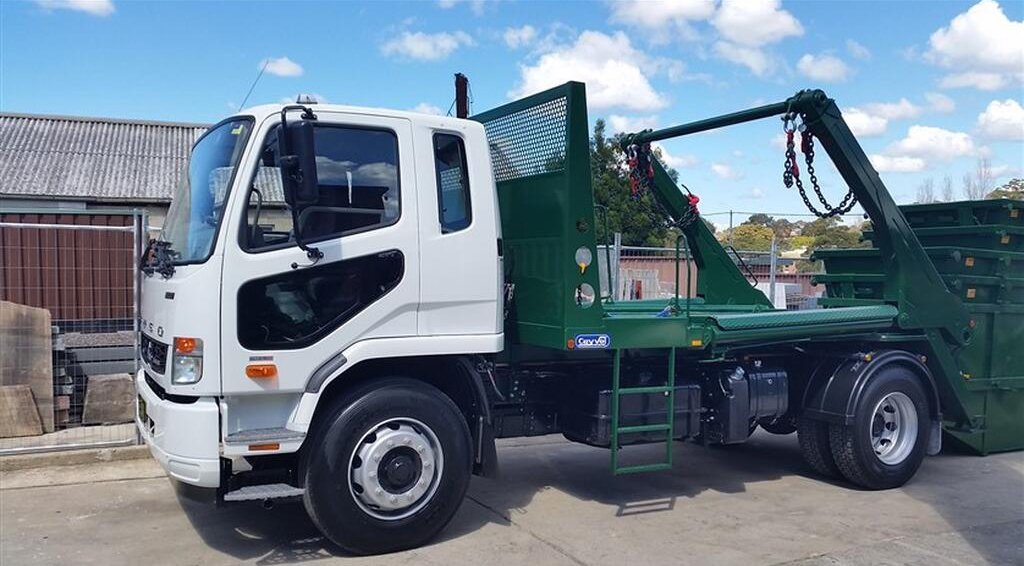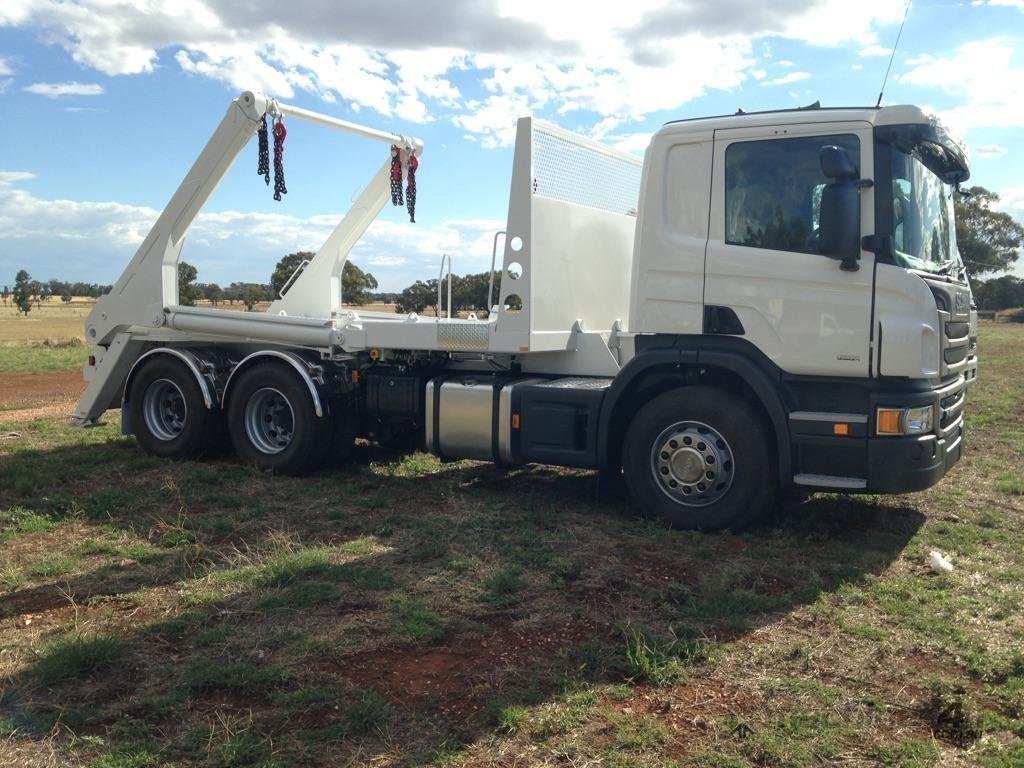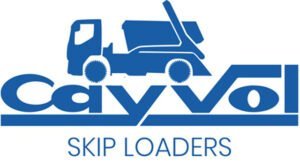
From Waste to Resource: How Skip Bin Bodies Help Your Business Embrace Recycling Practices
In today’s environmentally conscious world, businesses increasingly seek ways to minimize waste and maximize recycling efforts. One powerful tool in this endeavor is the skip bin bodies.
These versatile machines are adept at handling various types of waste and play a crucial role in facilitating recycling practices. This article explores how skip loaders can help your business turn waste into a valuable resource through effective recycling strategies.
Understanding the Challenge
For many businesses, waste disposal poses a significant challenge. Whether it’s construction debris, manufacturing waste, or commercial refuse, the sheer volume of waste generated can be daunting. Traditional disposal methods, such as landfilling, contribute to environmental degradation and incur significant costs.
In this context, embracing recycling offers a sustainable solution that benefits both the environment and the bottom line.
The Role of Skip Bin Bodies
Skip loaders are instrumental in transforming waste management processes from linear to circular, where waste is treated as a valuable resource rather than a burden. Here’s how skip bin bodies can help your business embrace recycling practices:
1. Efficient Collection and Transport: Skip bin trucks are designed to handle large volumes of waste efficiently. Their hydraulic lifting mechanism allows for easy loading and unloading of skip bins, enabling businesses to collect and transport recyclable materials with minimal effort.
2. Segregation of Recyclables: Bin bodies can have separate bins or compartments for different recyclable materials, such as paper, plastic, metal, and glass. This segregation at the source ensures that recyclables remain uncontaminated and can be processed more effectively at recycling facilities.
3. Maximization of Resources: By diverting recyclable materials from landfills, skip loaders help businesses maximize the value of their waste. Recycling conserves natural resources and reduces the need for raw material extraction, leading to cost savings and environmental benefits.
4. Support for Circular Economy: Skip loaders play a crucial role in closing the loop of the circular economy by facilitating the collection, processing, and redistribution of recycled materials. This holistic approach minimizes waste generation, promotes resource efficiency, and creates new opportunities for sustainable business practices.

Practical Applications
The versatility of skip loaders makes them suitable for a wide range of industries and applications:
• Construction: Skip loaders are commonly used on construction sites to collect and transport construction debris, such as concrete, wood, and metal, for recycling.
• Manufacturing: In manufacturing facilities, skip loaders facilitate the collection and recycling of production waste, such as cardboard packaging, plastic scraps, and metal shavings.
• Commercial: Skip loaders help businesses, such as restaurants, retail stores, and office buildings, manage their waste more effectively by segregating recyclables and coordinating recycling pickups.
Conclusion
skip loaders are invaluable assets for businesses embracing recycling practices and transitioning to more sustainable waste management solutions. Skip loaders help companies minimize waste, reduce costs, and contribute to a cleaner, greener future by efficiently collecting, transporting, and segregating recyclable materials.
Whether in construction, manufacturing, or commercial operations, integrating skip loaders into your waste management strategy can help you unlock the full potential of recycling and turn waste into a valuable resource.
